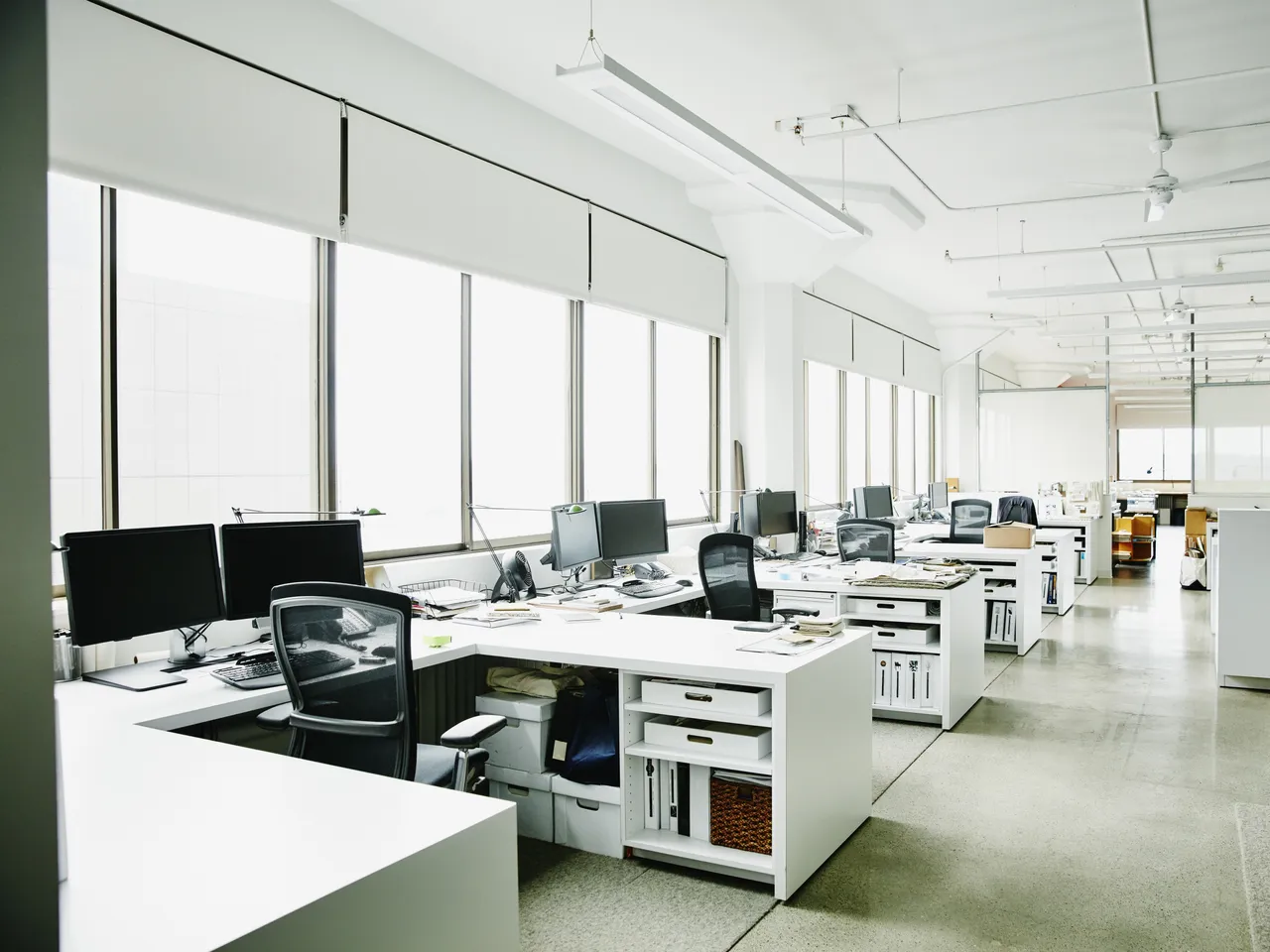Is it real or just fantasy?
COVID-19 struck about a year ago and the business world was set on its ear. Instantly, companies had to scramble as the lockdowns took effect. With no time to prepare, they had to get their IT departments working overtime to try and get people set up to perform there jobs.

Source
In spite of the struggle, many were able to do it. In fact they were so successful at it that the majority of companies found that productivity either stayed the same or went up.
This proved to upper management that perhaps their views were wrong. The long held view was that employees who were not physically supervised would not perform as well. This led them to focus upon keeping people under control and the watchful eye of their managers.
Technology came a long way in the last 20 years. In addition to things like Zoom, we saw how software (ECMs) were able to manage activities for employees just as effectively as the human counterparts.
All this leads to companies considering whether or not to bring the employees back. While many will return at some point, a lot are permanently home. This brings up major questions for those involved in the commercial real estate industry.
Already tattered from the decline in physical retail shopping, this could be a one-two punch that seriously affects most in that space.
Here is a video from a news outlet in Dallas. It is a short video but does cover the issue at hand.
In watching the video, the one company shown does epitomize what is taking place. Aquant is closing not only its Dallas office but 35 around the country. It will retain 7% of the space for in office meetings with potential clients.
That is a 93% drop in the office space they are renting.
Of course, the lady from DowntownDallas had to take the opposite view. She represents the downtown area and needs to foster the idea of people coming there.
From the statistics I see, there is no drop in productivity as the work from home situation carries on. Companies are still, overwhelmingly, finding that their staff is as productive or more so than before.
Essentially, what we are seeing a bet that is worth hundreds of billions of dollars. When we account for those businesses that do nothing but serve employees when they are at work, we see this number grow into the trillions.

Source
So who is going to win this battle? In one corner we have the commercial real estate industry and in the other powerful corporations who are always looking towards the bottom line.
Many, especially in major cities, seem to feel things will return to normal at some point. After all, cities have seen exodus in the past only to bounce back. This time might be different however.
Never before have we dealt with such an advanced stage of technology. This means that not only are the tools there to allow people to work from home but they are trying to eliminate the employee entirely.
Thus, employees best chance of staying on might be if the cost associated with their position, i.e. the rent to cover where they spend their days, is reduced as low as possible.
We know companies will not hesitate to lay off people if they can automate them out. COVID-19 only game major corporations cover in this area.
That means we will likely see a wave of that taking place in the next year or two.
None of this can bode well for office real estate. Sure, over time, we might see more companies popping up. However, anyone who follows technology will realize that future companies will be a lot more automated than they are today. There is a great likelihood that some will be completely autonomous.
This is where technology is taking us.
Another factor is that many industries are going to come under fire from newer developments that disrupt what they are doing. For example, just look at all the real estate that banks have. Do they need all those locations? As banking goes more online, physical locations become less important.
The same goes for medical. While that is still face-to-face, many expect the largest growth area of that sector will be in telemedicine. This, too, is going to have an impact on office space.
Ironically, real estate is also in the same boat. As technology improves, the need for agents will be lessened. A realtor mainly brings buyers and sellers together. Technology is proving itself very adept at that.
Then we have car dealerships. While not office space, they are commercial. Right now, 100% of Tesla are sold without the use of a dealership. Rivian is also going to follow the same path. How long until the major auto manufacturers start to hop on board.
And finally we have insurance companies. These entities occupy a lot of office space. Some of the largest buildings in any downtown area are going to be related to insurance. Many of these companies are jumping on the work from home train. Some are closing all physical offices except where they are required to have a presence by law.
Add all this up and it does not bode well for the commercial real estate sector.
There are trillions at stake: place your bets.
If you found this article informative, please give an upvote and rehive.

gif by @doze

logo by @st8z